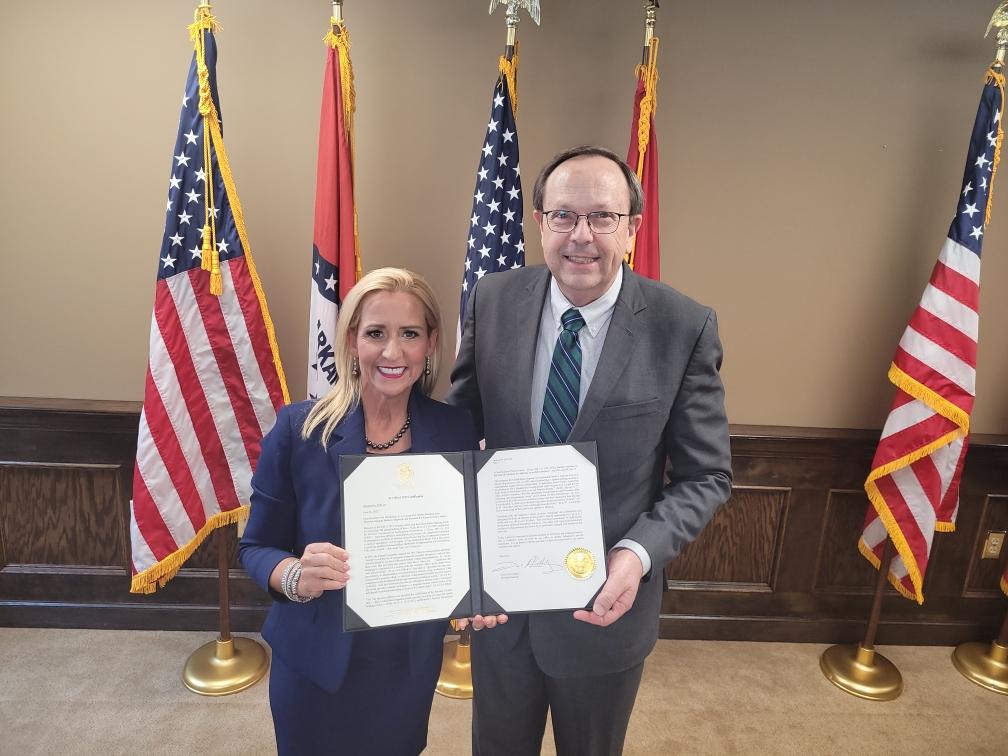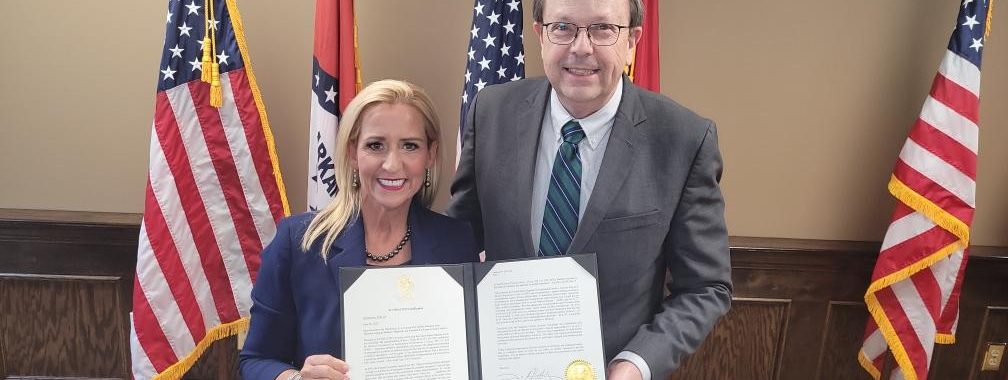Pro-Abortion Data for Arkansas Should be Taken With a Grain of Salt

Recently, two pro-abortion groups released data estimating the number of abortions performed on women from states like Arkansas — but families should take their findings with a grain of salt.
The Guttmacher Institute — a former research arm of Planned Parenthood — and the Society of Family Planning have both published reports in recent months that seem to indicate more women from Arkansas and other pro-life states are crossing state lines for abortion or ordering abortion pills online.
Guttmacher estimates that last year 900 women from Arkansas traveled to Kansas for abortions and 1,680 traveled to abortion facilities in Illinois.
The problem is Guttmacher Institute estimates the number of abortions by looking at data from abortionists around the country and combining that data with “a statistical modeling approach” to estimate the total number of abortions. In the past, Guttmacher has had a reputation of overestimating abortions in some cases.
The Society of Family Planning’s “#WeCount” report released last week estimates that last year, 3,070 women in Arkansas ordered abortion pills from states with “shield laws.”
The report says it relied on data from abortion facilities each month and that “The Society [of Family Planning] provided compensation to participating facilities for each monthly submission.”
But the report also says that 17% of its abortion data was “imputed” — that is, estimated — using information from news articles, individual contacts, and other sources. The actual data tables show the report “imputed” as much as 35%-45% of the abortion data for some states.
The Society of Family Planning also admits it cannot verify how many women actually took the abortion pill after ordering it. At best, the report can only estimate how many abortion pills were ordered.
The truth is, we know that groups like Planned Parenthood are spending millions of dollars to promote abortion to women from pro-life states like Arkansas. And we know that pro-abortion states are protecting abortionists who ship abortion drugs across the country. These are serious problems we need to address.
But we also know that public opinion polling shows Arkansans oppose abortion, and there is evidence that children are alive right now because Arkansas has prohibited abortion.
Given all the gaps in the data, the abortion estimates being published by pro-abortion groups simply don’t seem reliable.
Articles appearing on this website are written with the aid of Family Council’s researchers and writers.
Reflecting On Three Years of Strong Pro-Life Progress

Three years ago today, Arkansans celebrated the reversal of Roe v. Wade. Within hours, the state’s attorney general certified that abortion in Arkansas is prohibited except to save the life of the mother.
At the time, Family Council unveiled a three-pronged plan for moving forward in Arkansas after Roe. Looking back, we have been able to work with pro-lifers to accomplish much of that plan from 2022. Here is a brief overview of it:
Step 1: Encourage the Enforcement of Existing Pro-Life Laws
One of the first things we said we wanted to do was encourage the state to enforce our good, pro-life laws. Looking back, it seems safe to say Arkansas has done so.
Those good laws are protecting women and unborn children from abortion, and that is something to celebrate.
Step 2: Work With Members of the General Assembly to Pass Any Additional Laws Necessary to End Abortion
In 2022, we said it was possible that Arkansas would need to pass additional laws to prohibit abortion. At the time, there was a lot of uncertainty about how courts might view state pro-life laws — even though Roe v. Wade had been overturned.
Since then, we have found Arkansas’ pro-life laws were fine, but we have worked with our friends in the Arkansas Legislature to clarify those laws and close possible loopholes.
We have also worked with our pro-life friends across the state to stop efforts to weaken Arkansas’ good, pro-life laws.
Step 3: Expand Our Efforts to Assist Pregnancy Help Organizations
In 2022, we pointed out that Arkansas would need to shift focus from simply prohibiting abortion to making abortion unthinkable and irrelevant.
One way to do that is by promoting pregnancy resource centers that provide women real options besides abortion.
Three years ago, we worked with lawmakers and the governor to secure $1 million in grant funding for pro-life pregnancy help organizations.
Since then we have worked with lawmakers to double that funding. This year, the state has awarded $1.9 million to organizations that help women with unplanned pregnancies and promote maternal and fetal wellness in Arkansas.
What Do the Next Three Years Hold?
Arkansas is a pro-life state that is home to many great, pro-life organizations — and our pro-life laws are saving lives.
It’s important for us to continue standing strong against any effort to legalize abortion.
We also still have a lot to do when it comes to making abortion unthinkable. We need to continue supporting pregnancy help organizations, and Arkansas must address dangerous abortion drugs being shipped across state lines.
Looking back on the past three years, there are plenty of successes to celebrate. But as we said at the time, “Overturning Roe v. Wade is a huge victory, but there is still work to do.”
Articles appearing on this website are written with the aid of Family Council’s researchers and writers.



